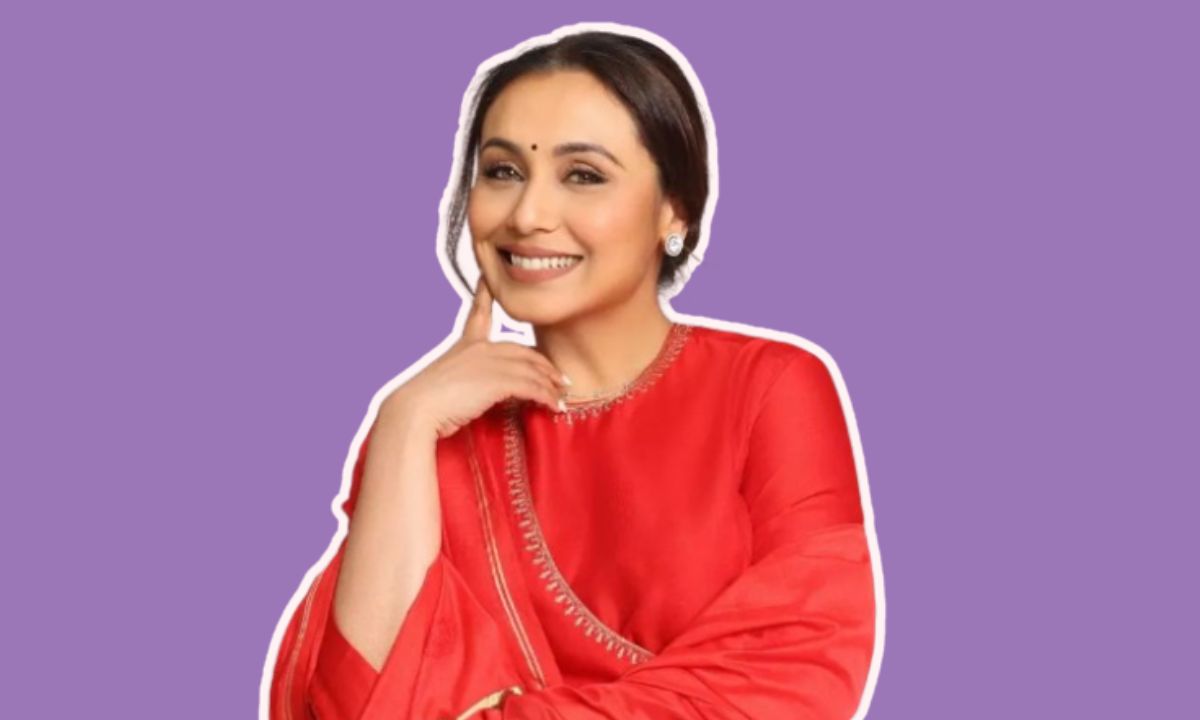There are many stereotypes about the upbringing and life of a single child. And this conditioning somewhere develops the need to have two children in an Indian household. Actress Rani Mukerji also opened up about similar ideologies and revealed that she felt traumatic about not being able to give a sibling to her little daughter. Well, while we understand where she comes from, it’s also a mindset that needs to be broken in this day and age.
The Mrs Chatterjee Vs Norway star Rani Mukerji recently spoke about dealing with a traumatic phase when she was trying for her second child but couldn’t conceive the baby. She also revealed about having a miscarriage and how it left trauma on her. During the interview with Galatta India, Rani Mukerji also opened up about feeling bad and low for not being able to give a sibling to her daughter Adira. In the conversation, the Hichki actress also revealed that she tried to get pregnant for seven years, but lost her baby when she got pregnant. The miscarriage happened right before she was approached for the lead role in Mrs Chatterjee Vs Norway, added the actress. During the interview, Rani Mukerji also accepted that it was due to her age that she could not conceive another baby and also felt grateful that she was able to have one child because many parents of her age were not blessed with the gift. Rani Mukerji also revealed that she is trying to make her understand that one child, Adira is enough. Highlighting more on this topic, the actress also said that it takes a lot of courage to be happy with what one has.
Also Read: From Rani Mukerji, Deepika Padukone To Baby Raha Kapoor, Our Fav Celeb Airport Looks For The Ambani Wedding
Well, this is exactly the mindset that a parent should not have because it can somewhere affect the child as well. Also, the need to have your child is a problematic conditioning that deeply exists in our Indian society. Adoption is also an option that should be encouraged but that’s where the change is still lacking. It’s okay to have one child and it’s also time when we break stereotypes about regressive ideologies that still lurk around it.

